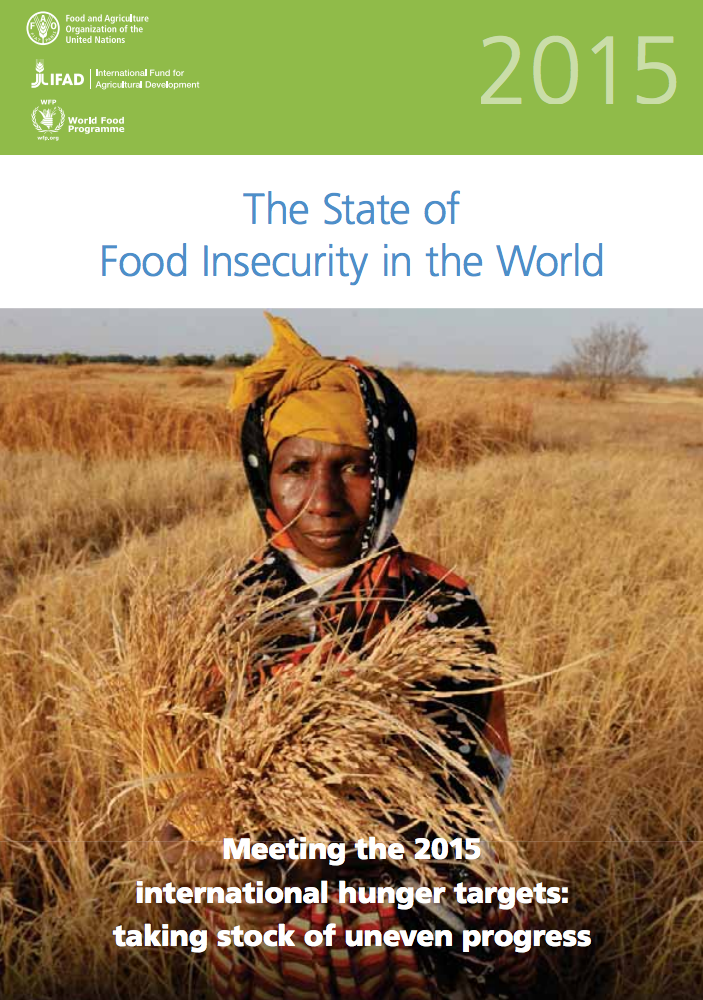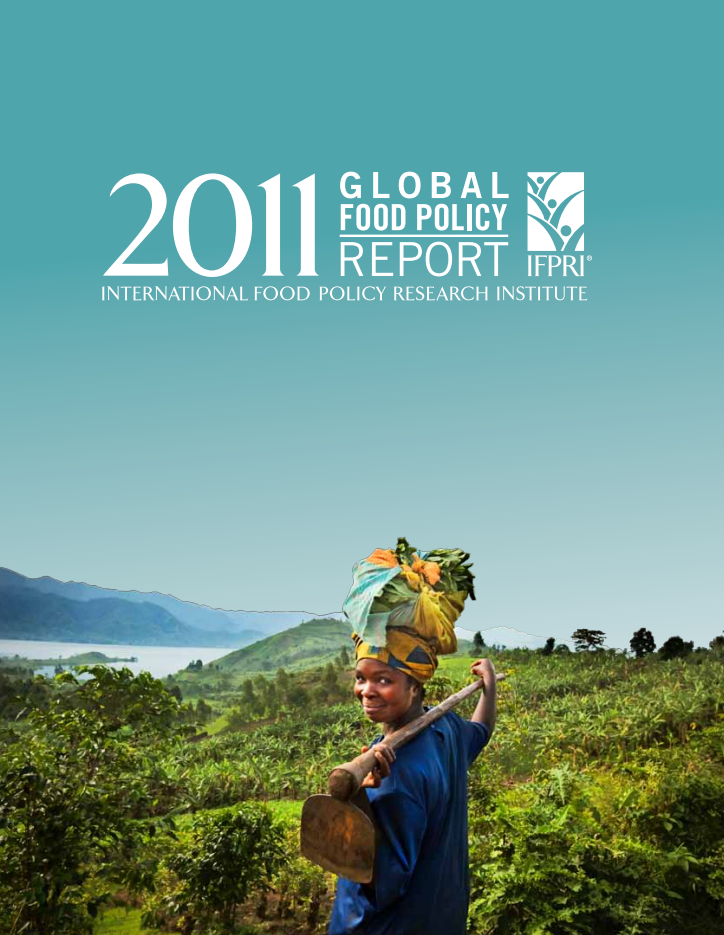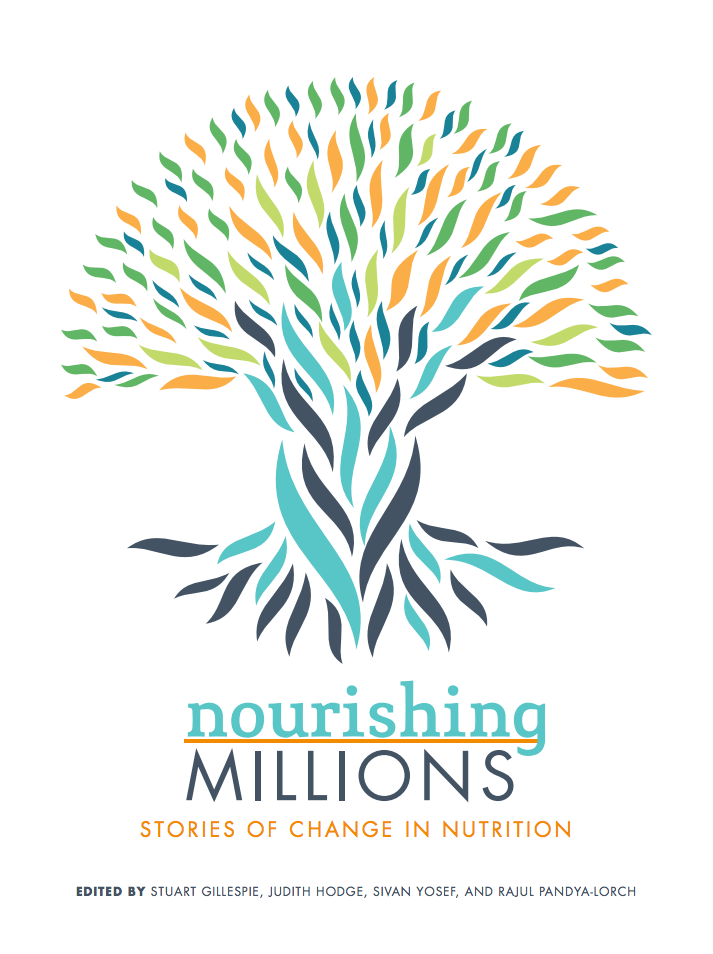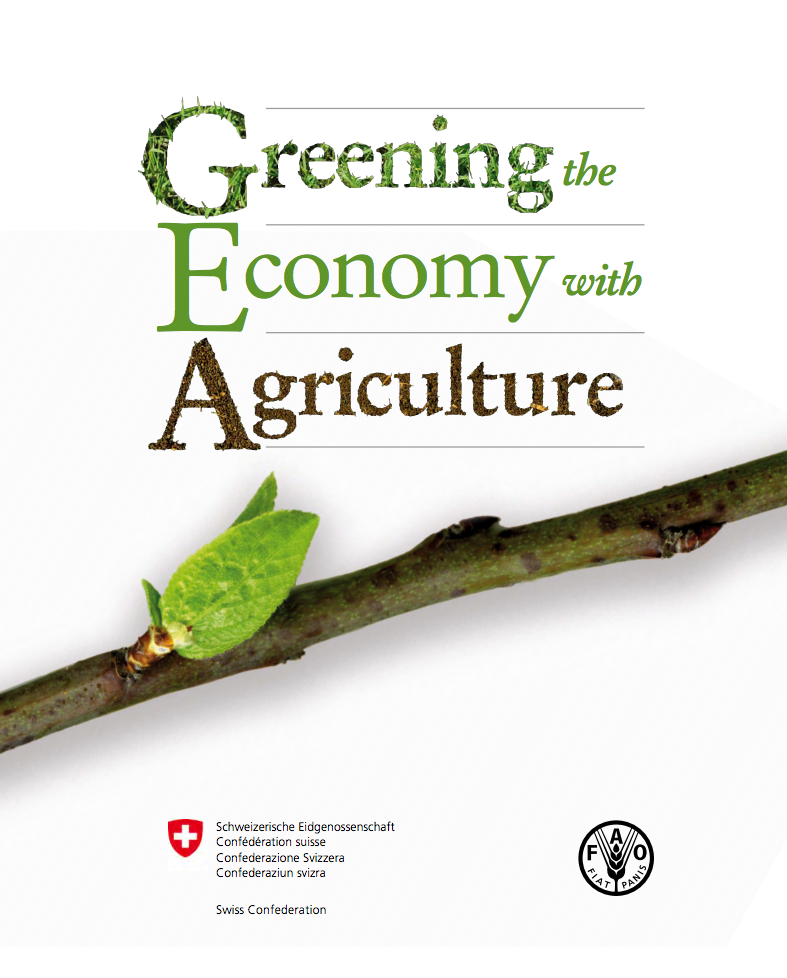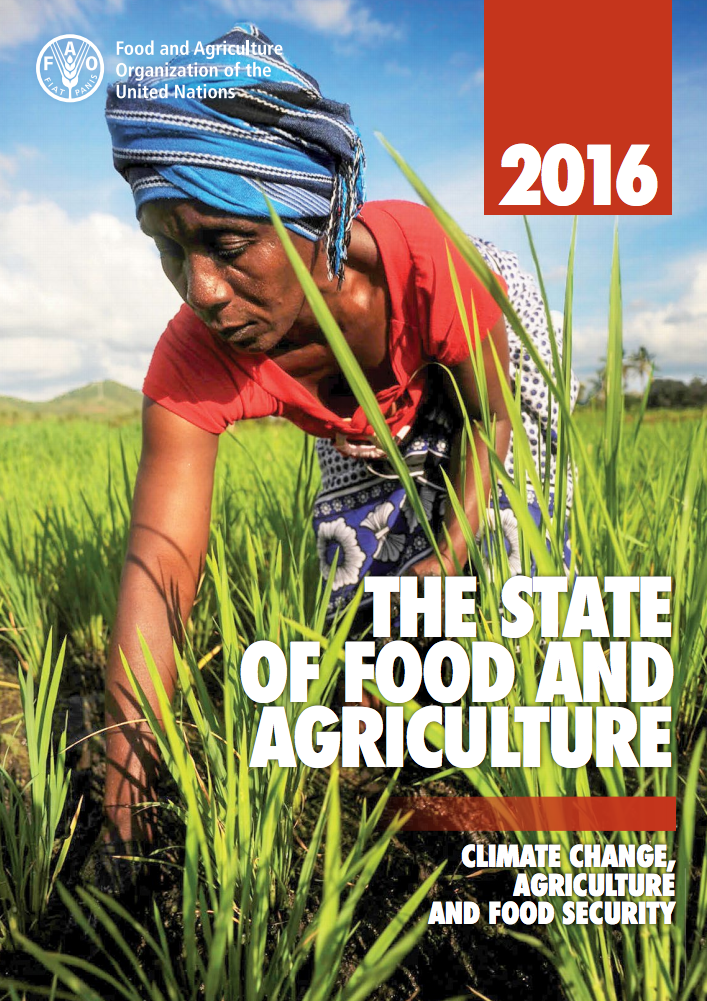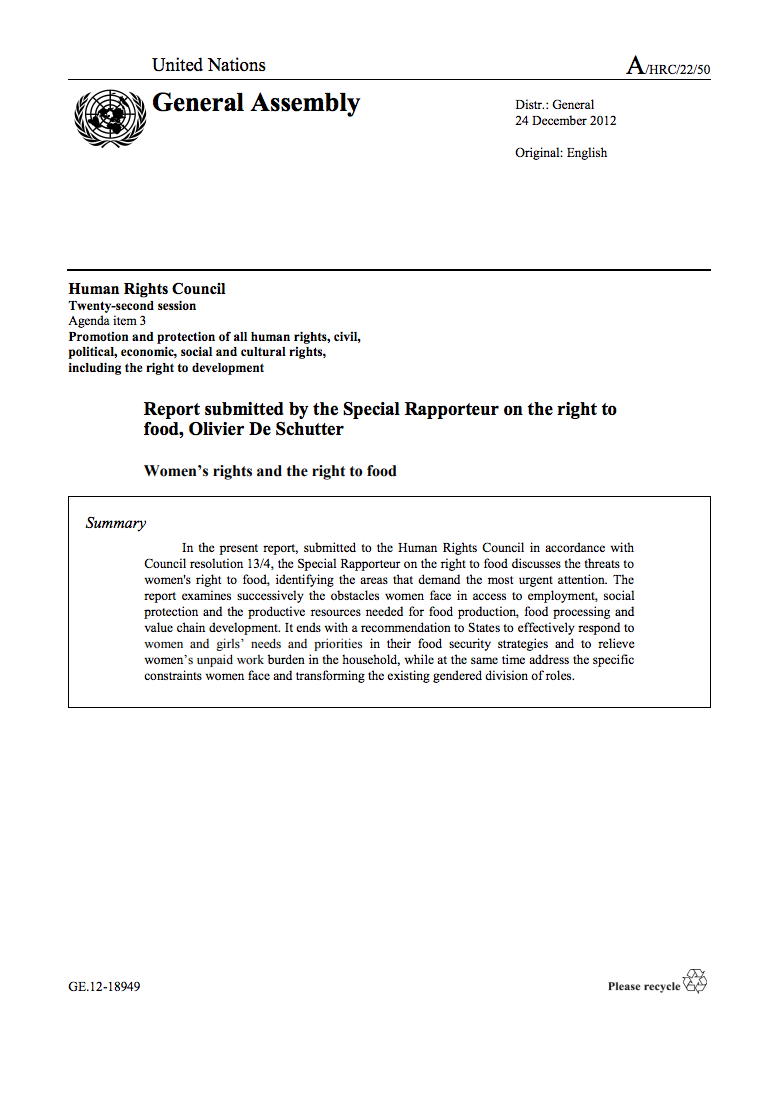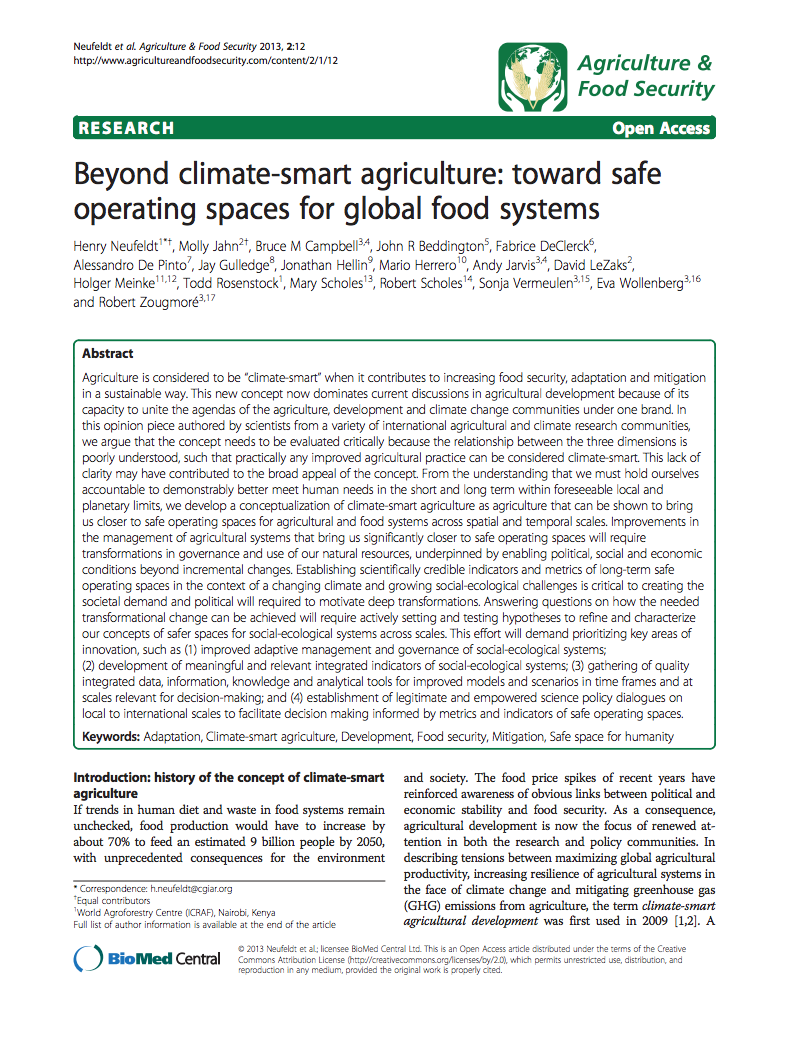Agricultural land conversion and its effects on farmers in contemporary Vietnam
Đổi Mới, the name given to the economic reforms initiated in 1986 in Vietnam, has renewed the party-state’s ambitious scheme of industrialization and has intensified the process of urbanization in Vietnam. A large area of land has been converted for these purposes, with various effects on both the state and society. This article sheds light on how land conversion has resulted in farmers’ resistance and in what way and to what extent it has transformed their livelihoods in the transitional context of contemporary Vietnam.



